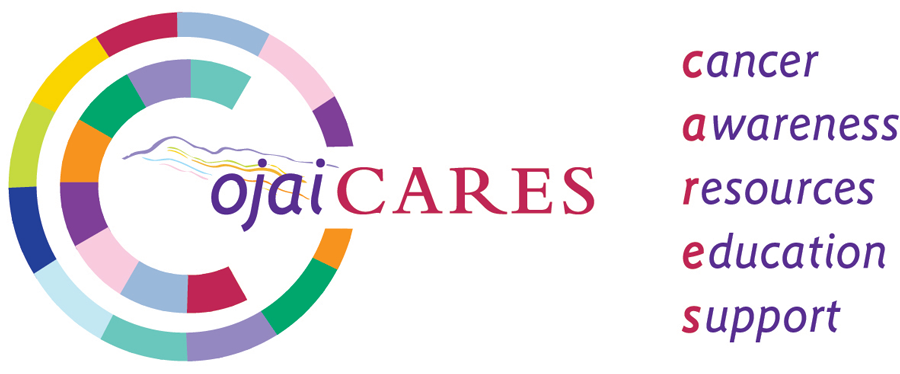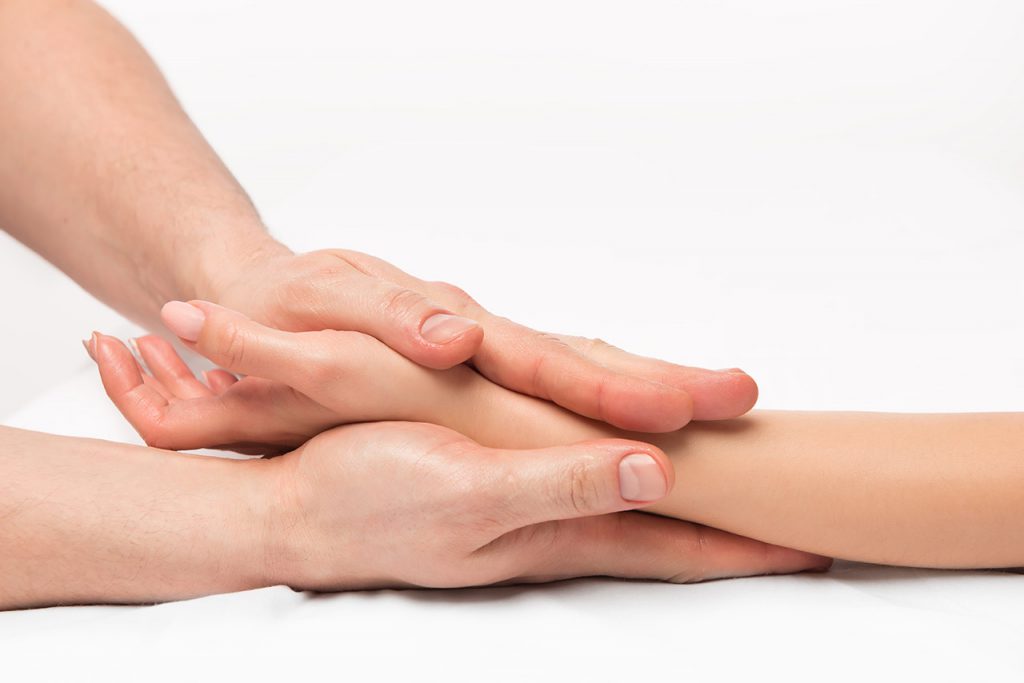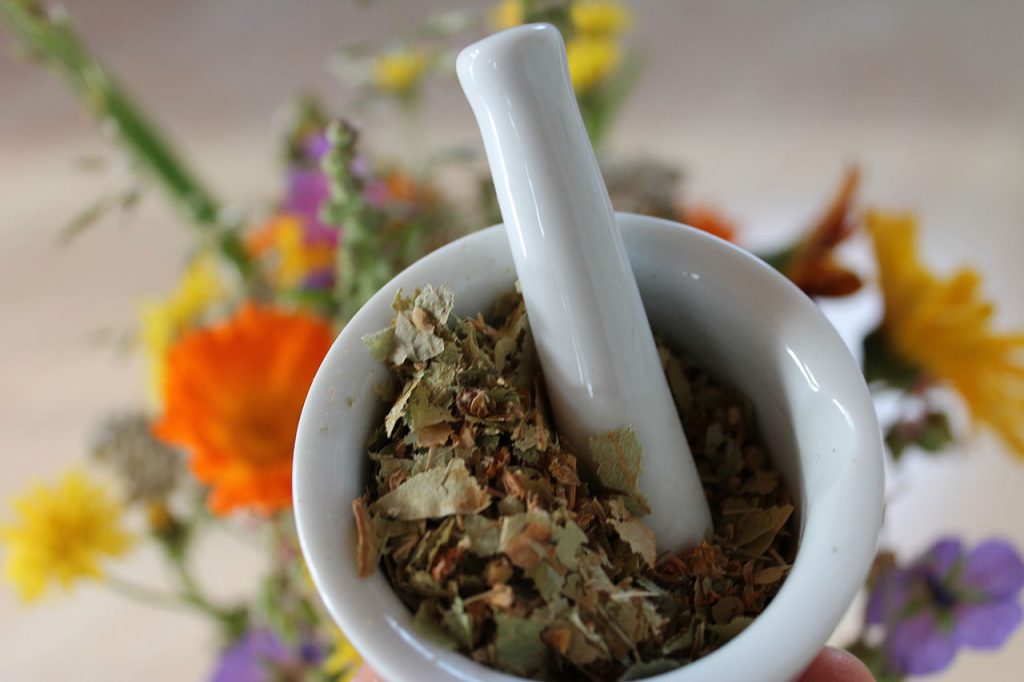Find More Information About
Our compassionate, skilled therapists are specially trained to understand and address the unique physical, psycho-social, and emotional needs of people in various stages of cancer, cancer treatment, and caregiving. Each session is individualized to provide comfort, nurture, and support.
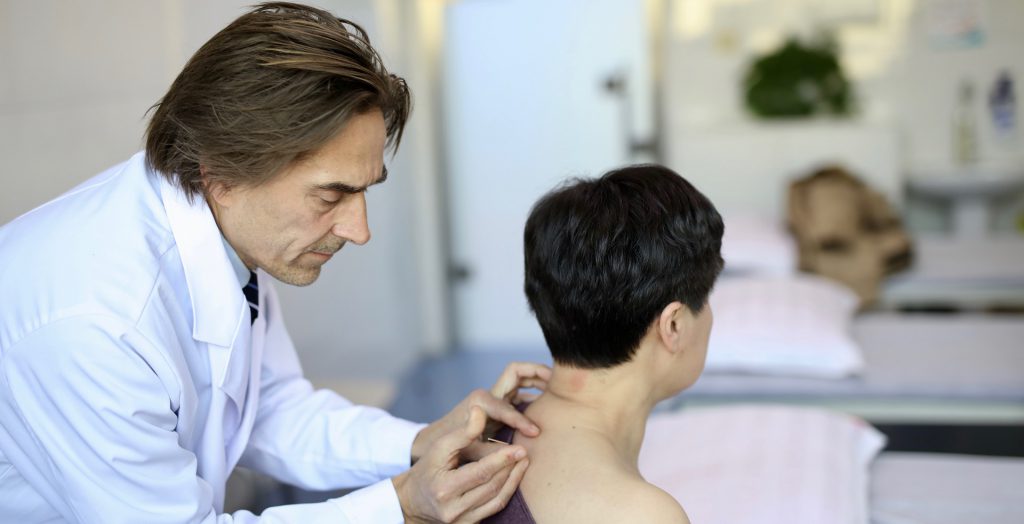
OjaiCARES Recommends
Eric Baumgartner
Eric Baumgartner
Erin Yee
Erin Yee
Kathleen Macgregor
Kathleen Macgregor
Sofia Owings
Sofia Owings
Acupuncture
Prestigious cancer research centers, such as Sloan Kettering and MD Anderson, have completed and continue to run clinical trials proving the benefits of acupuncture when added to chemotherapy and radiation therapy. Acupuncture is routinely being used in many of the top cancer centers.
Acupuncture has been shown to:
- Relieve nausea and vomiting
- Relieve dry mouth, night sweats, hot flashes
- Reduce stress, anxiety, and fatigue
- Reduce post-operative swelling
- Lessen or eliminate pain
- Increase white blood cell counts
- Decrease the need for medication
- Improve chemo-induced neuropathy
- Minimize the subsequent side effects of medication
What is Acupuncture?
Acupuncture is one of the oldest and most widely used forms of healthcare in the world. It is a technique in which thin needles are inserted nearly painlessly into specific points on the body to encourage the body’s natural healing process. All needles are sterile, single-use and disposable.
How does it work?
Studies indicate that acupuncture influences the central and peripheral nervous systems. It improves circulation and allows the body to heal itself more quickly and more completely. Evidence shows that it releases endorphins from the brain, which makes acupuncture particularly effective for the management of pain.
Studies and additional resources:
The National Institutes of Health gives a comprehensive explanation of what acupuncture is and how it works to relieve side-effects of cancer treatment, noting the use of acupuncture at Dana Farber Cancer Institute, Memorial Sloan-Kettering Cancer Center, and MD Anderson Cancer Center. http://www.ncbi.nlm.nih.gov/pmc/articles/PMC2642987/
MD Anderson study finds acupuncture can prevent radiation-induced chronic dry mouth. The researcher states that incorporating acupuncture alongside radiotherapy diminishes the incidence and severity of this side effect. http://www.integrativeonc.org/index.php/news/346-ut-md-anderson-study-finds-acupuncture-can-prevent-radiation-induced-chronic-dry-mouth
The University of Colorado Hospital is using acupuncture as an adjunct to cancer treatment. This post looks at acupuncture from the patient/family perspective.
http://kwgn.com/2014/03/13/cu-hospital-uses-acupuncture-as-part-of-cancer-treatment/
The National Cancer Institute explains how acupuncture affects blood pressure, body temperature, boosts immune system activity, and causes the body’s natural painkillers called endorphins to be released. It illustrates the benefits of acupuncture for specific side effects of cancer treatment.
http://www.acufinder.com/Acupuncture+Information/Detail/Acupuncture+Shows+Promise+in+Cancer+Treatment
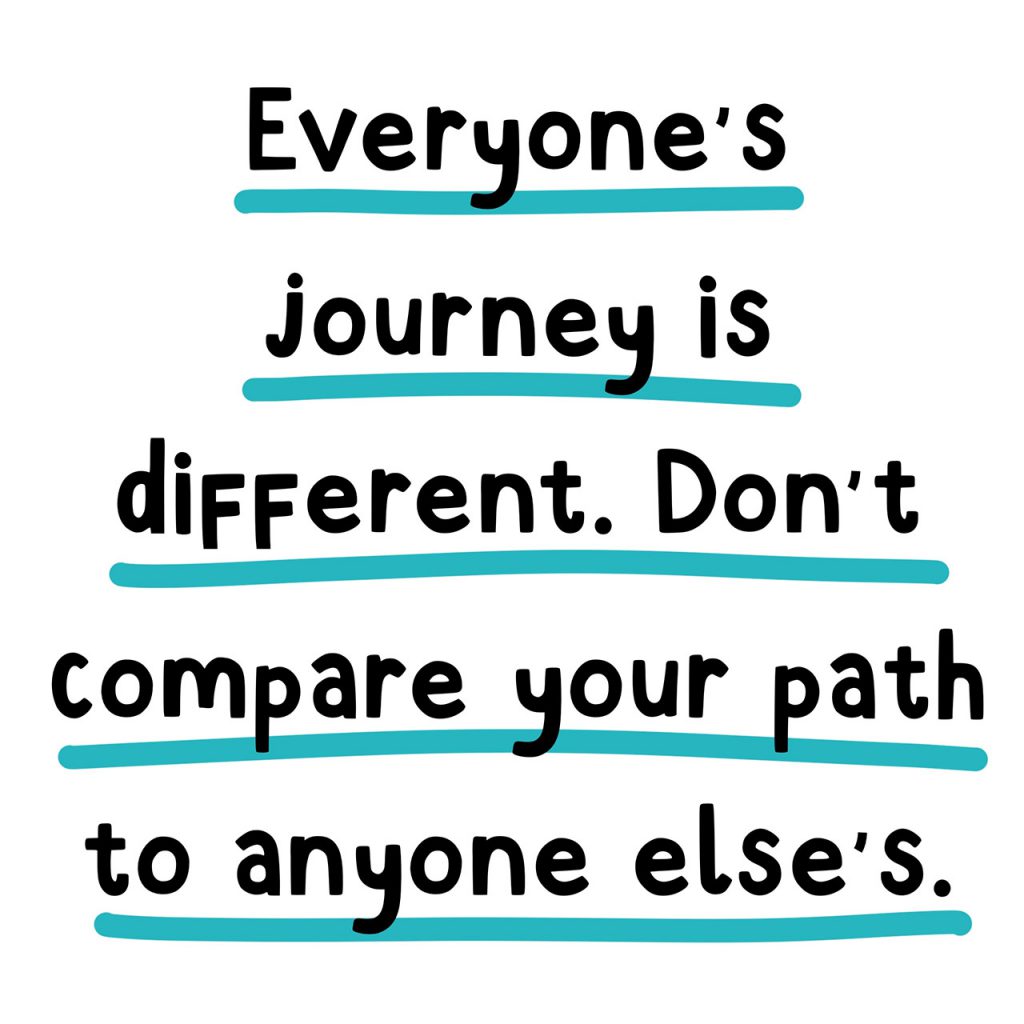
OjaiCARES Recommends
Marguerite Webster, MA MFT
Marguerite Webster, MA MFT
Rowan Lommel, MA MFT
Rowan Lommel, MA MFT
Counseling
Counseling helps people manage and respond to their mixed emotions about life’s challenges. Counselors cannot always solve problems, but they provide a safe place for people with cancer to talk about their concerns. Because counselors are separate from a person’s life, they provide a helpful, outside viewpoint.
How does it help?
- Helps clarify issues
- Explore options
- Develop strategies
- Increase self-awareness
- Provides confidential support
Additional resources:
Massage Therapy
Did you know?
Massage soothes the body, calms the mind and revives the spirit of cancer patients and caregivers. Research suggests that massage helps patients cope with the side effects of cancer and cancer treatment and improves quality of life after treatment.
Oncology Massage has been shown to:
- Reduce muscular tension
- Decrease stress, anxiety and fatigue
- Reduce post-operative swelling
- Lessen the discomfort of neuropathy
- Reduce pain
- Improve flexibility and range of motion
- Increase immune system function
- Slow the formation of scar tissue
- Eliminate toxins from the body
What is Oncology Massage?
Massage is a “hands on” treatment in which a therapist manipulates muscles and other soft tissues of the body to improve health and well being. Varieties of massage range from gentle stroking and kneading of muscles and other soft tissues to deeper manual techniques. Massage usually takes place on a massage table and the patient may wear minimal clothing and is covered by a sheet, light blanket, or towel. Oils or lotions are often used to keep friction from irritating the skin and soothing music and dim lighting are often added to increase relaxation.
Using an Oncology Massage Therapist is important because they are specially trained to meet people where they are in their experience with cancer and to apply a highly individualized massage treatment to comfort, nurture and support them in their process.
How does it work?
Studies indicate that, although massage affects the body as a whole, it particularly influences the activity of the musculoskeletal, circulatory, lymphatic, and nervous systems. It improves circulation and allows the body to heal itself more quickly and more completely. Scientific studies have shown that massage suppresses inflammation and actually enhances cell recovery. Evidence also shows that it releases endorphins from the brain, which makes massage particularly effective for the management of pain.
Studies and additional resources:
Source: University of Maryland Medical Center
http://umm.edu/health/medical/altmed/treatment/massage#ixzz33gD28YXl
Source: The American Cancer Society http://www.cancer.org/treatment/treatmentsandsideeffects/complementaryandalternativemedicine/manualhealingandphysicaltouch/massage
Source: MD Anderson: Oncology Massage improves quality of life for cancer patients
http://www2.mdanderson.org/cancerwise/2010/07/the-benefits-of-oncology-massage-1.html

OjaiCARES Recommends
Bailey Gaddis, C.Ht., Certified Hypnotherapist
Bailey Gaddis, C.Ht., Certified Hypnotherapist
Bailey offers a once-monthly drop-in group. Every fourth Monday 2:30 – 3:30.
Participants will receive a mp3 of the session, so they can continue the release and relaxation on their own.
Contact OjaiCARES (805) – 646-6433 for more information.
Hypnotherapy
Did you know?
Scientists, physicians and researchers have been using hypnosis as a component of patient care since the 1800’s. Although hypnosis is colorful and controversial, it is now routinely being used in many of the most prestigious cancer centers throughout the country, such as MD Anderson, Sloan Kettering, and Johns Hopkins.
Hypnosis has been shown to:
- Relieve nausea and vomiting
- Reduce or eliminate night sweats and hot flashes
- Reduce stress and anxiety
- Halt the progression of fatigue due to chemotherapy and radiation
- Reduce or eliminate pain and discomfort
- Strengthen the immune system
- Decrease the need for post treatment medication
- Lessen the amount of anesthesia necessary prior to and during surgery
- Promote healing after surgery
- Eliminate sleep issues
What is Hypnosis?
Hypnosis is considered a Mind-Body Therapy which uses the mind to alter and affect the body. The use of hypnosis in a medical environment empowers patients who are faced with a perceived loss of control and generally improves satisfaction with medical procedures and the treatment experience. While hypnosis sessions may vary depending on a patient’s needs, a hypnosis session typically comprises two basic phases:
Induction – During this phase, the therapist helps the patient to relax, and may ask the patient to imagine a peaceful scene that helps him or her to become more focused and concentrate on what is to be accomplished during the session.
Application – During this phase, the patient receives suggestions. Hypnotic suggestions, the key ingredient of hypnosis, are special statements that are designed to suggest relief from troubling symptoms.
How does it work?
Hypnosis produces an altered state of consciousness, awareness, or perception. The hypnotic state is a highly relaxed state in which the patient’s mind (conscious and subconscious) is focused and receptive to therapeutic suggestion. It involves using one’s mind to manage emotional distress, (e.g., anxiety, stress), unpleasant physical symptoms (e.g., pain, nausea), or to help change certain habits or behaviors (e.g., overeating, smoking).
Studies and additional resources:
- A randomized clinical trial at Mount Sinai evaluating the effectiveness of pre-surgical hypnosis for breast cancer patients
http://www.ncbi.nlm.nih.gov/pubmed/17728216 - A summary of a variety of clinical trials for pain, nausea, sleep issues, fatigue and hot flashes
http://www.cancernetwork.com/oncology-nursing/clinical-hypnosis-palliative-care-cancer-patients
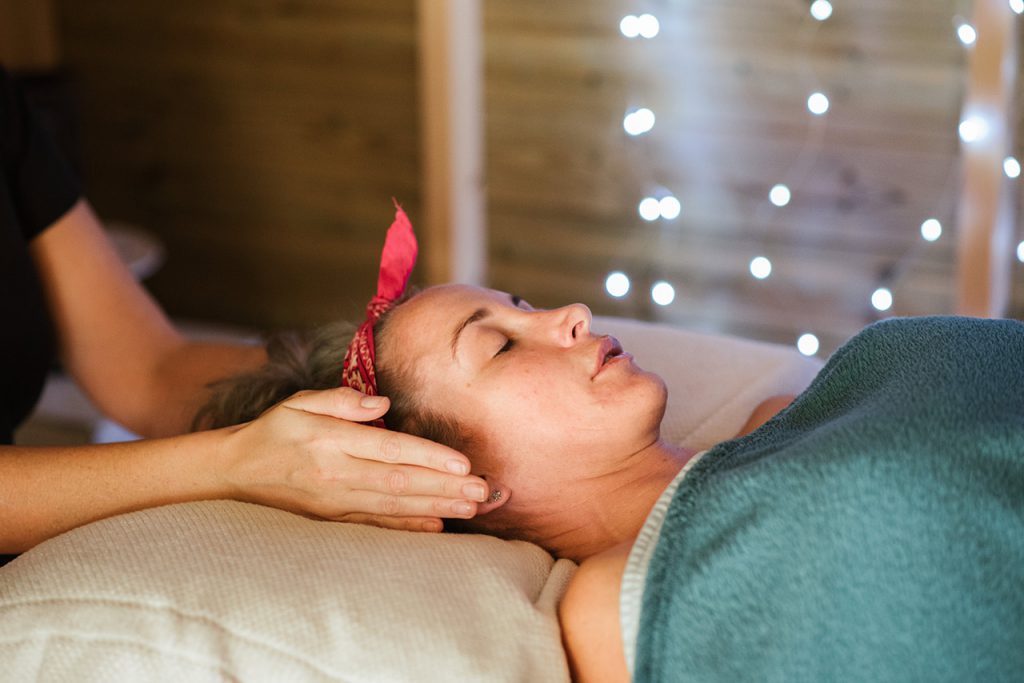
OjaiCARES Recommends
Jessi Campbell
Jessi Campbell
Karal Gregory
Karal Gregory
Reiki Therapists – By Appointment Only- Please call (805) 646-6433
Reiki
Did you know?
Reiki is being used around the globe in hospitals, integrative centers, clinics, hospice settings, spas, and more.
Research suggests the following are benefits of Healing Touch:
- boosts the immune system
- relax and balance the body before surgery and to speed post-operative recovery
- improved wound healing especially related to surgery or radiation
- reduced fatigue
- decreased discomfort/pain
- improved sleep
- improved mental clarity following chemotherapy
- reduced stress levels
What is Reiki?
Reiki is a biofield therapy that is an energy-based, holistic approach to health and well-being.
Energy Healing therapies rebalance, align and unblock the energy flow and support the body’s natural healing abilities by influencing the human energy field. Reiki works with your energy field to support your natural ability to heal. It is safe for all ages and works in harmony with all standard or allopathic medical care. This gentle approach can be relaxing and nurturing as you remain fully clothed.
How does it work?
Reiki is grounded in a variety of long-standing energy therapies from different eastern and western cultures. The root principle is that Energy is constantly flowing in and around the body. When your energy becomes blocked or unbalanced, pain, disease, and emotional distress can result. Healing Touch practitioners are trained in sensing energy. The goal during any session is to restore balance and promote physical, emotional, mental, and spiritual healing and wellness. Reiki is non-invasive and does not require touch if preferred.
Studies and additional resources:
- Source: Bruce Lipton: One Minute Shift/Healing Perceptions – You Tube Video http://www.youtube.comresults?search_query=epigenetics+bruce+lipton+one+minute+shift
- Source: The use of Healing Touch in clinical oncology: http://www.ncbi.nlm.nih.gov/pubmed/21951738
- Source: National Institute of Health: Healing Touch and immune function in cervical cancer: www.ncbi.nlm.nih.gov/pmc/articles/PMC3010350
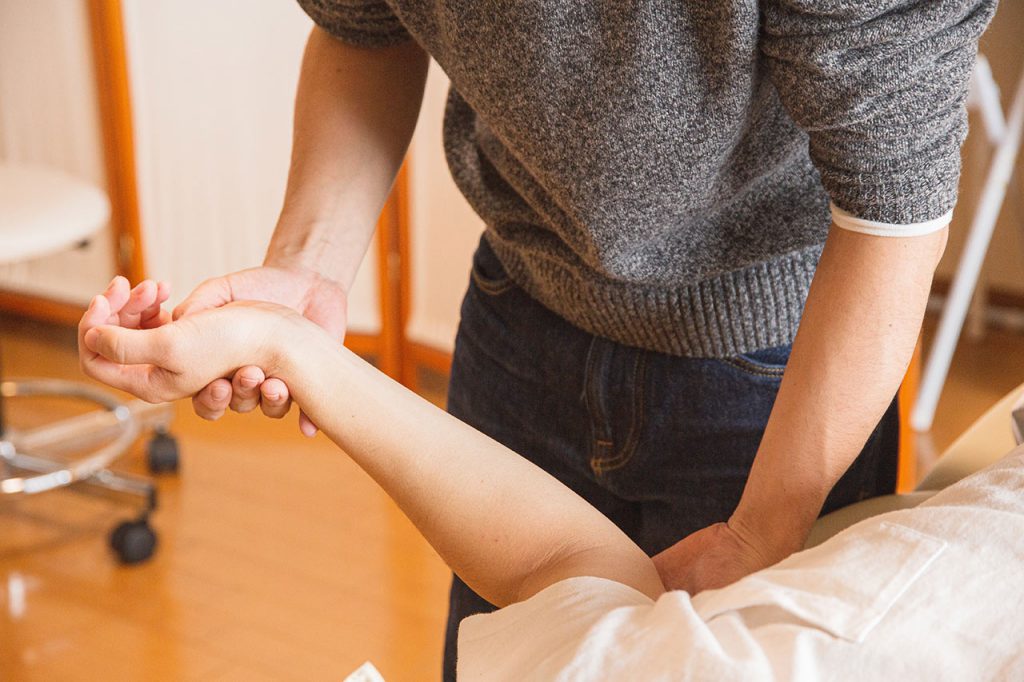
OjaiCARES Recommends
Alicia Morris Soto
Alicia Morris Soto
Ojai Lymphatic Therapy Center
lymphatic therapy, myofascial release, therapeutic massage, Reiki
805-814-1123
Lymphatic Health Institute
Lymphatic Health Institute
Contact: Sonia Baker LPN,MLDP,FPN
805-954-3019
Swanner Lymphedema Treament Ojai
Swanner Lymphedema Treament Ojai
(with doctor’s order) – www.swannerpt.com
Lymphedema Treatment
Did you know?
There are specialized techniques to help patients with the effects of Lymphedema. Lymphedema Treatment is a combination of education and “hands-on” treatment that helps patients learn to successfully manage Lymphedema in their lives.
Lymphedema Treatment generally includes a combination of:
- Manual lymph drainage/massage
- Compression bandaging
- Skincare work
- Exercises
This specialized treatment is effective for:
- Moving excess lymph fluid to allow for efficient drainage
- Reducing swelling and discomfort
- Eliminating toxins from the body
- Keeping the skin supple and healthy
What is Lymphedema and how is it treated?
Lymphedema is a condition that can happen to cancer patients when lymph fluid builds up in the body, resulting in swelling and other possible symptoms. A person’s risk for developing lymphedema depends, in part, on the type of procedure or surgery that was done, whether or not lymph nodes were removed, and how the body heals. Lymphedema treatment works to reduce the side effects that may develop.
How does Lymphedema Treatment work?
Lymphatic Massage is a specialized hands-on technique that gently stimulates the action of the lymph vessels to move excess lymphatic fluid and protein from a swollen area to a part of the body where it can drain more effectively. After Lymphatic Massage, the therapist may wrap the area in compression bandaging, which is needed to help the tissue with fluid reflow. Depending on the extent of the swelling, patients are encouraged to commit to follow-up care as often as needed to control the swelling and soften the tissue. When the edema is under control patients are advised to wear a compression garment during the day and bandaging or use of a “night” sleeve during sleep. Lymphedivas – Founded by two young breast cancer survivors, Lymphedivas offers an array of stylish and comfortable compression sleeves and gauntlets for women with lymphedema. “Not your grandmother’s compression sleeves!”
Lymphatic Massage Therapists are specially trained, licensed and certified and will monitor your skin closely and recommend the best ways to clean, skin brush and moisturize the affected area. Also, self-massage and lymphatic exercises that can be done at home will be suggested to promote continuity of care and long-term management of this condition.
Studies and additional resources:
⦁ Source: Cancer Research UK : Lowering your risk of lymphedema
http://www.cancerresearchuk.org/cancer-help/coping-with-cancer/coping-physically/lymphoedema/lowering-your-risk-of-lymphoedema
⦁ National Lymphedema Network: Website with information and resources for patients
http://www.lymphnet.org/
Naturopathic Oncology
What is Naturopathic Oncology?
Naturopathic Doctors (NDs) trained in integrative cancer care play an important role in the support of people diagnosed with cancer. They provide evidence-informed guidance on safe and effective use of natural and supportive therapies when combined with conventional treatment.
What are the benefits?
- At the time of diagnosis: to educate the patient and plan for care.
- During active treatment: to reduce side effects and support the outcomes of conventional care.
- Post-treatment: to help with recovery and support prevention of recurrence with healthy lifestyle education.
Studies and additional resources
Nutrition
Did You Know?
Nutrition is an important component to cancer treatment and prevention. During treatment, optimal nutrition can help a patient by managing or alleviating the side effects of chemo, radiation, and surgery. So… Let’s Get Real About Nutrition!
Nutrition can benefit the mind and body with:
- Increased mental and physical energy
- Decreased nausea and vomiting
- Maintenance of a healthy weight during treatment
- Reduced feelings of sadness and improved mood
- Decreased pain and discomfort
- Balanced digestion
- Reduced risk of recurrence
- Relief of long-term side effects of treatment
- Preservation of muscle mass
What is Oncology Specific Nutritional Counseling?
Cancer patients have special needs regarding nutrition and require specific guidance regarding their diet. First, nutrition coach will obtain a detailed diet history. Using this information, realistic meal plans will be formulated to incorporate the right foods into the patient’s diet and to eliminate those foods that may cause digestive issues during treatment.
How does Nutrition affect the body?
In order to work efficiently, you need the energy that a healthy diet provides. When you have cancer, changes can occur in your need for and ability to process nutrients. These changes can lead to poor nutrition, resulting in fatigue. For example, you may need more nutrients than usual, or you may not be able to process nutrients adequately. You may also take in fewer nutrients if your appetite wanes or if treatment side effects, such as nausea and vomiting, make it difficult to eat. For these reasons it is important to have nutritional guidance from a cancer specialist.
Studies and additional resources:
- Source: Johns Hopkins: What we eat affects how we feel. http://www.hopkinsmedicine.org/integrative_medicine_digestive_center/services/nutrition_consultations.html
- Source: National Cancer Institute at National Institute of Health: Good nutrition is important for cancer patients. http://www.cancer.gov/cancertopics/pdq/supportivecare/nutrition/Patient/page1
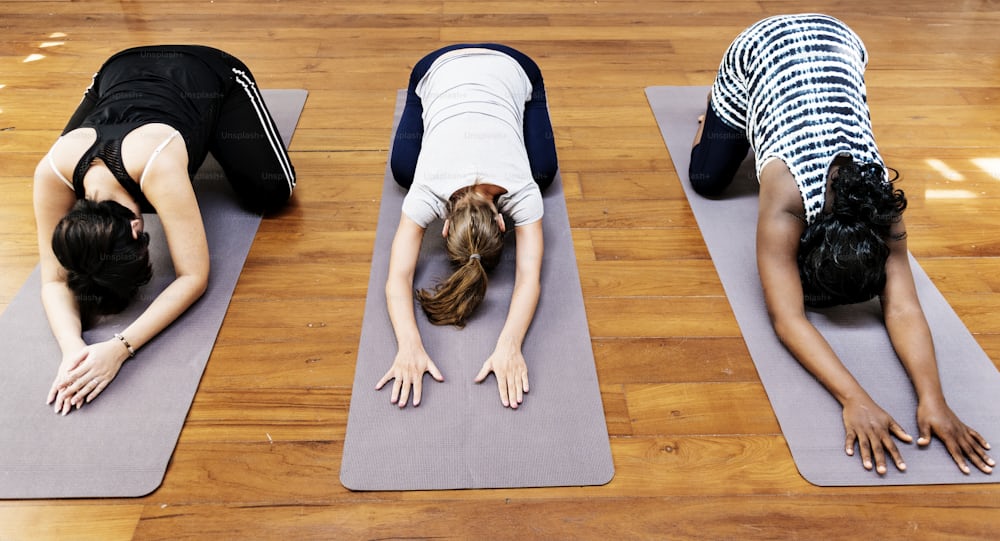
OjaiCARES Recommends
Ingrid Boulting
Ingrid Boulting
Restore and Renew at Sacred Space
Restore and Renew at Sacred Space
Restorative Yoga
What is Restorative Yoga?
Restorative yoga is a restful practice that is all about slowing down and opening your body through passive stretching. If you take a restorative class, you may hardly move at all, doing just a few postures over the course of an hour.
How does it work?
Yoga’s incorporation of meditation and breathing can help improve a person’s mental well-being. “Regular practice creates mental clarity and calmness; increases body awareness; relieves chronic stress patterns; relaxes the mind; centers attention; and sharpens concentration
Studies and additional resources:
- https://www.oncologynurseadvisor.com/home/departments/from-cancercare/benefits-of-yoga-for-cancer-patients/
- https://www.cancerresearchuk.org/about-cancer/cancer-in-general/treatment/complementary-alternative-therapies/individual-therapies/yoga
- https://www.breastcancer.org/treatment/comp_med/types/yoga
OjaiCARES Recommends
Mary Jo Healy
Mary Jo Healy
Practitioner of Feldenkrais Method in Ojai for 30 years.
805-886-6078
Feldenkrais Method
What is Feldenkais?
The Feldenkrais Method is a type of exercise therapy devised by Israeli Moshé Feldenkrais (1904–1984) during the mid-20th century. The method is claimed to reorganize connections between the brain and body and so improve body movement and psychological state.
What is it for?
- Improve health and well-being.
- Improve attention and concentration.
- Reduce pain
- Complete tasks with less effort.
- Improve posture, movement, coordination, and balance.
Studies and additional resources:
OjaiCARES Recommends
Dr Kate, Integrative Medicine
Dr Kate, Integrative Medicine
www.katetenneynd.com
805-222-7422
Integrative Oncology
What is Integrative Oncology?
Integrative oncology, or integrative medicine, is the use of complementary, or integrative, therapies along with conventional medicine. These therapies work together with standard treatment methods (surgery, chemotherapy, radiation) to treat the patient’s body, mind, and spirit. Integrative therapies can help with the goals of treatment, treatment of side effects, distress relief, and may help with treatment results and adherence.
Integrative medicine combines conventional Western medicine with complementary and alternative treatments that have been researched and proven to be safe and effective in healing. Integrative oncology uses integrative medicine as part of standard cancer care.
